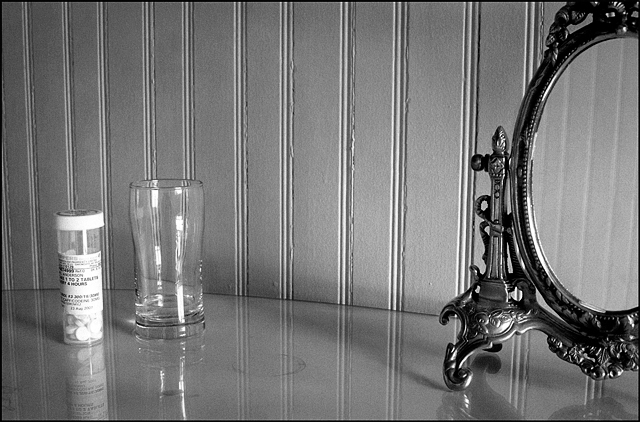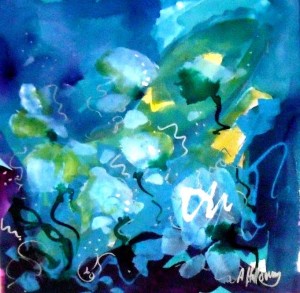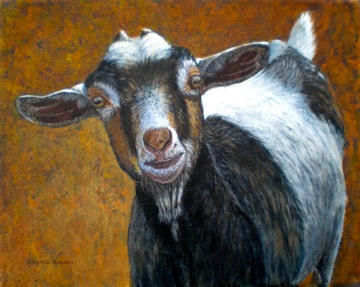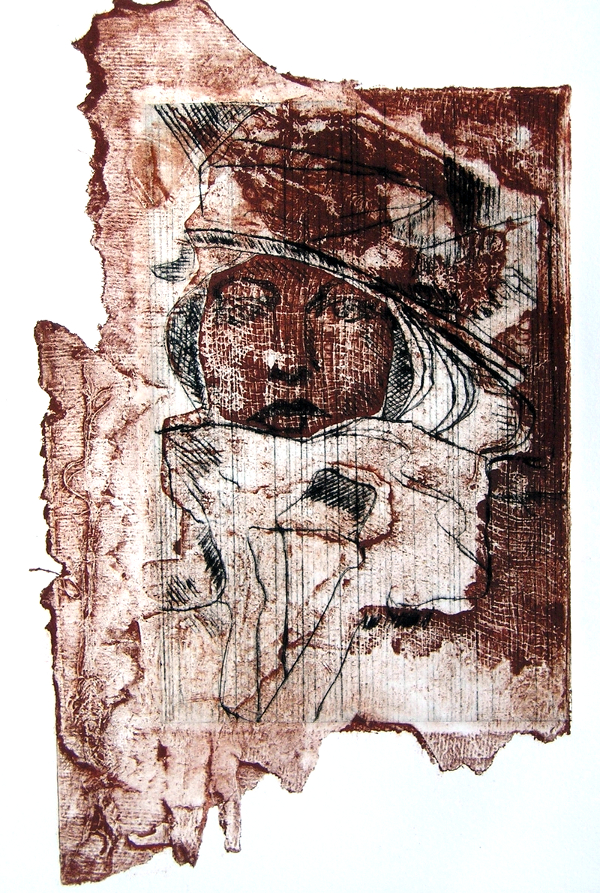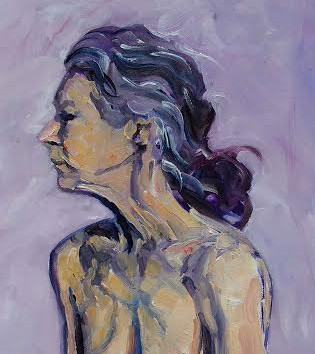Your child, who is joyful, creative and loving, metamorphoses at age 18 into someone you don’t recognize. She becomes a raging, frightened, lost soul who slams doors and forgets how to dress, sleep, talk coherently or perform any of the things we all do so naturally. What do you do? Knowing that your child is not a drug user or a drinker you do what any loving parent would do. You take her to the doctor, have her admitted to hospital, and sit clutching the pain in your heart. You wait for someone to say she is going to be just fine.
But they tell you it is your fault, that you have been a terrible parent. It is best you stay away, they say. But of course you can’t. You seethe at their stupidity. Why does no one ask you what kind of person she is, what she loves, what makes her heart soar? She is unable to dress herself, to bathe, to return a hug. And you are unable to grasp their words: This, they say, is a behavioral problem.
Sleep eludes you, and you wonder, have I missed something? Should I make room for their point of view? They discharge her and recommend tough love. Find a room for her and let her figure it out, they say. You find her a room in a home two blocks away and leave her there. You feel sick, certain that this is wrong, so wrong. In the morning there is a note in your mailbox. How could you, it says. Remove her from our home immediately. You take her back to the hospital. There is no choice.
And still, you are to blame. You are incredulous. You become mother bear. You speak on the radio, the television, you write to the newspapers. You fight for better care, for some acknowledgement of the terror of losing your child to something you don’t recognize. The drugs they give her make her eyes roll up until her irises disappear. Her hands tremble over piano keys that no longer meet her fingers and nothing makes sense. She is ignored, locked up, fractured, bruised, until one day, after eight years in hospital, a smart geneticist makes a diagnosis of a syndrome–she is missing some genetic material on her twenty-second chromosome–and it all suddenly does make sense but there is still the terror that no one can fix her. They do, however, try. A few kind souls emerge from the staff you find so hard to trust and they acknowledge that she is extremely ill. They offer soothing gestures. She is young. She has potential, they say.
Two more years go by in hospital. She is discharged again. The beautiful small option home has a piano! But it is next to a huddle of staff and housemates crowded around the television. The overwhelming smells of Comet cleanser, deep fried chicken, and staffers’ cigarettes coalesce and swirl around with the high-pitched voices of too many people jammed into too small a space, hollering, ordering, berating, complaining, and her brain short circuits once again.
Back in hospital the isolation, threats, electroconvulsive therapy, security guards, and the bedroom with peeling paint all reaffirm for her that there is no hope.
Five years later, and 15 years after it all began, they want to place her permanently in a locked facility in the community. We have nothing more to offer, they tell you. She no longer has potential. You say, I’ll take her home. You have seen the bubbles of wellness that they have missed.
She is home. The rages tear you apart. You struggle to meet her explosive moments with calm presence. But between the lows you see the tiny moments of clarity. You nurture them, coax them, reward them. Every baby-step counts. You are teacher, nurse, counsellor, paramedic. And always the loving parent. You tell her things will get better. Nothing is permanent. Life is worthwhile. One day, sitting in the dark beside her, you realize those words aren’t helping and so you stop talking and just sit. And sit. In those moments you hear your own racing heartbeat and become aware of your shallow breath. Although you don’t know it you have begun the practice of self-compassion. And out of that loving care for yourself, and the acknowledgement that it’s okay to feel helpless, comes the first real lesson. The one thing you can do well is simply sit. You are finally ready and able to listen.
In a moment of quiet you say to her, this is good. Just sitting here together in the dark, being quiet, this is a healing moment. Good for you. And she says to you, I don’t know how you do that, wait for me to settle. It’s simple, you say. You tell her there are no isolation rooms here, no withdrawal of privileges. Just moments of quiet sitting. You tell her she is doing the work of healing in this moment. And over time she discovers she has the power to choose to sit quietly. You keep her company. You listen to her words and your own thoughts. The rages lessen, stop. The quiet moments grow.
Spring finally comes. You watch as she re-discovers spider webs, leaf and bark patterns, cats, creeping vines, crunchy ice underfoot, a dropped penny, bits of coloured wire, tiny buds peeping up through the last of the snow. You see that the stillness has spilled into her days. And out of that stillness grows the sound of the piano and her beautiful, clear soprano voice, the smell of her freshly-baked cookies, the beauty of her photographs and paintings, her tiny clay sculptures and the sound of her laughter as her dog curls lovingly over her feet.

